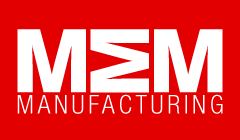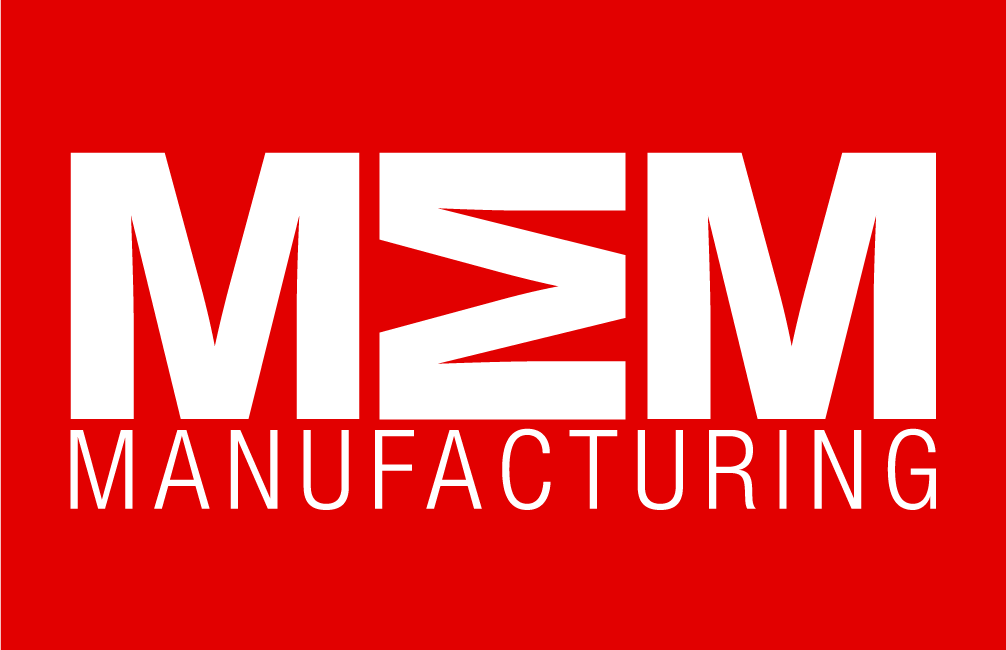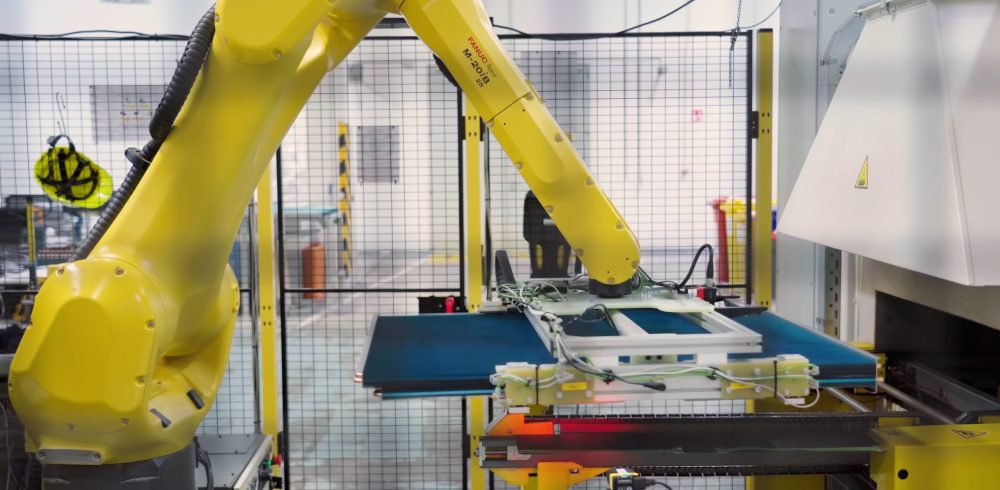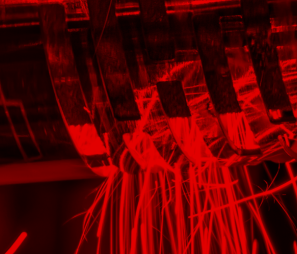Today, Panasonic marks a major milestone in the European production and distribution of its heat pump solutions with the reopening of its fully upgraded and expanded giga factory in Pilsen, Czech Republic. Following Panasonic’s nine-figure investment, the new production complex will be capable of producing up to 1.4 million indoor and outdoor heat pump units per year from 2030 onwards, for supply throughout Europe.
Panasonic has invested EUR 320 million into the expansion and refurbishment of the facility in Pilsen, increasing the factory’s production capacity by 250% to a total of 140,000 m². This large expansion project transfers production and R&D from South-East Asia to Europe as Panasonic increases capacity of heat pumps being produced locally.
Aligning with the Panasonic Green Impact philosophy, this also ensures a reduction in carbon footprint through local production for local customers and their specific local requirements and their move towards non-fossil heating & cooling technology. As a ‚Net Zero factory‘, the facility is run using a combination of green energy purchases and its own 1 MW photovoltaic power production on the roof of the factory.
Demonstrating the national significance of the opening of this new facility, today’s opening ceremony was attended by the Prime Minister of the Czech Republic, Petr Fiala.
“The opening of this state-of-the-art heat pump production facility strengthens the competitiveness of Czech industry, brings new skilled jobs, and confirms that the Czech Republic offers attractive conditions for technologically demanding and innovative projects. In the Czech Republic, we want companies that produce complete products with high added value, companies closely connected to science and research. Our government will continue to actively support these investments,” said Prime Minister of the Czech Republic Petr Fiala.
Heat Pump Production and R&D in Europe, for Europe
A shift from fossil-based energy towards electrification and renewable energy is rapidly taking place in Europe. Panasonic is committed to supporting Europe’s climate goals, and as part of these efforts, is working to meet growing demand across the region for renewable energy solutions. In 2024, the European heat pump market size was estimated at EUR 12.2 billion, and is expected to reach over EUR 71 billion by 2034 (Global Market Insights).
“At Panasonic, we see Europe as particularly advanced when it comes to sustainability, and therefore the acceptance of sustainable energy solutions. We’re seeing a marked uptick in interest in heat pumps in the European market, and we are anticipating this to be reflected in demand in the next few years. Our investment into the Pilsen factory demonstrates both our confidence in the growth of the market and our ability to anticipate and meet future demand,” said Toshikatsu Fukunaga, CEO, Panasonic HVAC Europe.
The new production complex will be capable of producing up to 1.4 million external and internal heat pump units per year from 2030 onwards for residential and commercial applications, for supply throughout Europe, making the Pilsen factory one of the largest producers of heat pumps in Europe by capacity. In 2024-25, the facility has more than doubled its production output, and momentum is increasing.
In addition, in cooperation with a local university, a state-of-the-art R&D center focused on future heat pump developments has also been established in Pilsen at the factory. As a key partner in the establishment of the R&D facility, the Technical University of Ostrava has completely designed and is due to build one of the research laboratories. By 2028, the Pilsen R&D team will manage the full heat pump development lifecycle, in coordination with the product planning division in Japan – ensuring the complete development of air-to-water heat pumps in Pilsen, from scratch to the final product.
“The factory in Pilsen is set to become Panasonic’s central hub for heat pump production and supply in Europe. By placing further R&D capabilities and production together on the same site, we’ll be able to ensure that the factory is able to rapidly and nimbly anticipate and respond to the evolving needs of this key market. There will also be cost savings associated with reduced logistics, in addition to the speed and flexibility associated with bringing R&D and production together,” explains Radek Vach, Business Planning Director, Panasonic HVAC CZ.
The Pilsen facility is also investing significantly in robotics, automation and AI technology, as well as synergising with other global Panasonic factories in these areas. This will enable it to reach peak production capacity, drive efficiency and support the workforce. The factory currently has 80 robots deployed on site, and the factory layout has been optimised for the future deployment of automated guided vehicles (AGVs) and autonomous mobile robots (AMRs) for material supply and finished product transport. In future, the facility plans to achieve 100% automation in component manufacturing.
Paul Kenny, Director General of the European Heat Pump Association, comments: “The heat pump sector is boosting Europe’s energy security, our economy and our path to decarbonisation by replacing fossil fuel imports with a clean, locally made and locally powered solution. Today’s factory reopening is both a big step forward on that journey and a clear message to decision-makers from one of the world’s leading companies, that the future is bright in European manufacturing and that heat pumps will inevitably be at the heart of our future global energy system.”
Commitment to sustainability
As part of its GREEN IMPACT commitment, Panasonic has set itself the target to achieve Net Zero across its own business operations globally as a Group in 2030, and across the entire value chain in 2050. Following the Panasonic concept, a Net Zero factory is achieved through the reduction of energy consumption, the generation of renewable energy onsite, and the procurement of energy from renewable sources. Currently, Panasonic has 45 Net Zero Factories globally, including Pilsen.
Pilsen is Panasonic’s second Net Zero factory in Europe, following the opening of the facility in Cardiff, UK, in 2024. As a Net Zero factory, the Pilsen facility will make a significant contribution to the ongoing reduction of Panasonic’s CO2 emissions in its own business operations (known as Scope 1 and 2 emissions), such as energy consumption at our facilities including electricity, heating and lighting.
The factory is powered by a 1 MW photovoltaic roof system in addition to the purchase of green electricity and heating energy.
The facility’s smart building management (BMS) system intelligently controls ventilation, heating and lighting (including sensor LED lighting throughout the facility), and ensures waste is minimised. Meanwhile, the facility reuses waste heat from ventilators and compressors to heat the building and help reduce energy consumption, and water waste is minimised via a retention reservoir on the roof of the facility, which catches and reuses rain water – avoiding city drainage systems.
In addition, starting in 2026, the facility’s vehicle fleet will move to Electric Vehicles (EVs) to further reduce carbon footprint.
Supporting the Local Economy
The local Pilsen region will benefit from the addition of high-value-added employment opportunities that utilise local talent, helping to prevent “brain drain” in the area. Panasonic’s long-standing cooperation with academia – in particular, the University of West Bohemia – is helping to promote science and engineering education in the area, as well as providing practical training for students.
“The Czech Republic is geographically located in the heart of Europe, with accessibility within 24 hours to all European destinations. As the first Japanese company to enter the Czech Republic, Panasonic began operations in Pilsen in 1997. A pioneer of investments in the country, Panasonic has strong relationships and networks – including government and supply chain – in the Czech Republic, which we plan to leverage as we grow our team in Pilsen,” says Tetsumasa Mizuta, Managing Director, Panasonic HVAC CZ.
Radek Vach, Business Planning Director, Panasonic HVAC CZ, adds: “Pilsen itself is in the Czech Republic‘s own ‘Silicon Valley,’ with many high growth and innovative tech companies nearby, making it the perfect location to leverage and support local talent and foster connections. It has a highly qualified workforce, as well as strong opportunities for collaboration with local academic institutions.”
Manufacturing & Engineering Magazine | The Home of Manufacturing Industry News
















